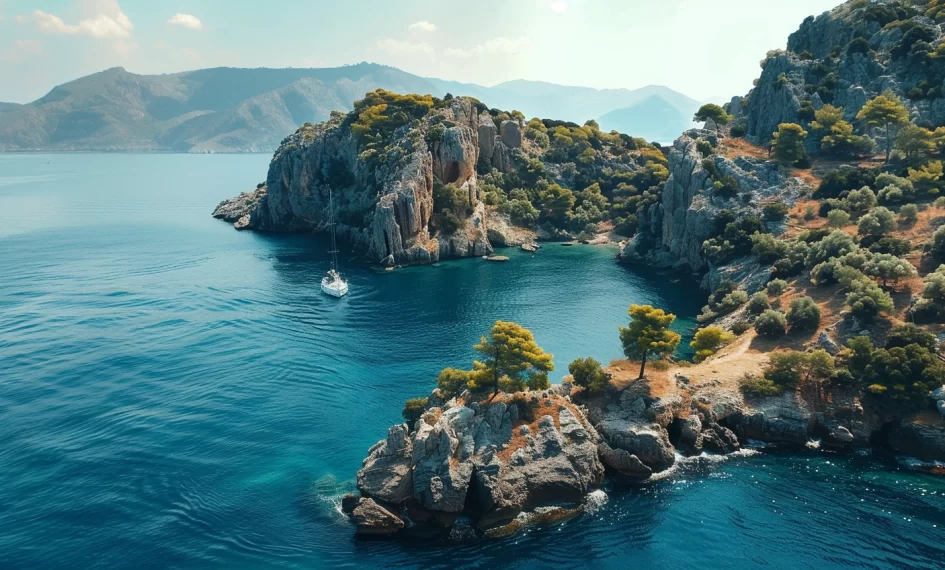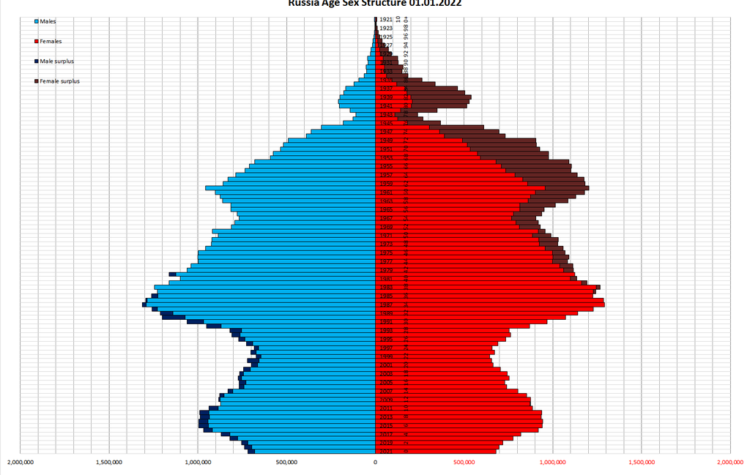Definition:
An archipelago is a group or chain of islands clustered together in a sea or ocean. These islands can be formed through volcanic activity, tectonic movements, or the rising of the sea level that isolates portions of the continental land. Archipelagos can vary greatly in size and number of islands, ranging from small island groups to extensive chains spanning hundreds of miles. They play significant roles in biodiversity, cultural diversity, and geopolitical strategies.
Etymology & Origin:
The word “archipelago” originally referred specifically to the Aegean Sea and its islands but has since been generalized to describe any island group. It derives from the Italian “arcipelago,” from the ancient Greek words “arkhi-” (chief) and “pelagos” (sea), meaning the principal sea containing the Aegean Islands. Over time, the term evolved to its current meaning, referring to any large group of islands.
Examples:
- The Aegean Archipelago: Located in the Aegean Sea between Greece and Turkey, known for its historical significance and beauty.
- The Galápagos Islands: An archipelago of volcanic islands situated in the Pacific Ocean, renowned for their unique endemic species and significant contribution to the development of the theory of evolution by natural selection.
- The Indonesian Archipelago: The world’s largest archipelago, consisting of over 17,000 islands, showcasing diverse ecosystems, cultures, and languages.



